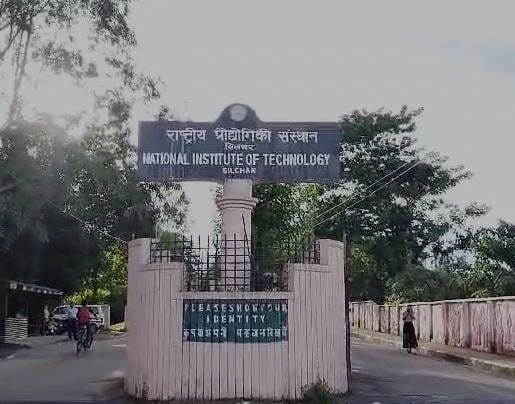In a significant political move, the Thai Constitutional Court has officially dismissed suspended Prime Minister Paetongtarn Shinawatra from her position. This decision has sent shockwaves through the political landscape of Thailand, as it not only impacts the leadership of the government but also reflects ongoing tensions within the country’s political system. Paetongtarn, who is the daughter of former Prime Minister Thaksin Shinawatra, had been a prominent figure in Thai politics, representing a legacy that has deeply divided the nation. Her suspension came amid various legal challenges and allegations of misconduct, culminating in the court’s ruling that has now permanently removed her from office.
The implications of this ruling extend far beyond just the removal of one individual. It raises questions about the stability of the current government and the future of democracy in Thailand. The Shinawatra family has been both influential and controversial in Thai politics for decades, often at the center of political turmoil. With Paetongtarn’s dismissal, there are concerns regarding the reaction of her supporters, who have rallied behind her in the past. The ruling could potentially incite protests and further political unrest, as factions within the country continue to grapple with deep-seated divisions regarding governance and representation.
Moreover, this development highlights the role of the judiciary in Thailand’s political arena. The Constitutional Court’s power to remove a sitting prime minister underscores the delicate balance between the judiciary and the executive branch. Critics argue that such judicial interventions could undermine the democratic process and lead to a perception of politicization within the courts. As Thailand navigates through this political upheaval, the focus will likely shift to the potential candidates who may emerge to fill the power vacuum left by Paetongtarn’s exit and how they will address the pressing issues facing the nation, including economic recovery, social unrest, and the need for political reconciliation.
The future of Thai politics is now more uncertain than ever, as the country stands at a crossroads. With the ruling party’s integrity called into question and the opposition eager to capitalize on this moment, the political narrative in Thailand is bound to evolve rapidly. Observers will be closely monitoring the reactions from both the government and the public, as well as how this decision affects the broader regional dynamics in Southeast Asia, where political stability is crucial for economic growth and development.




